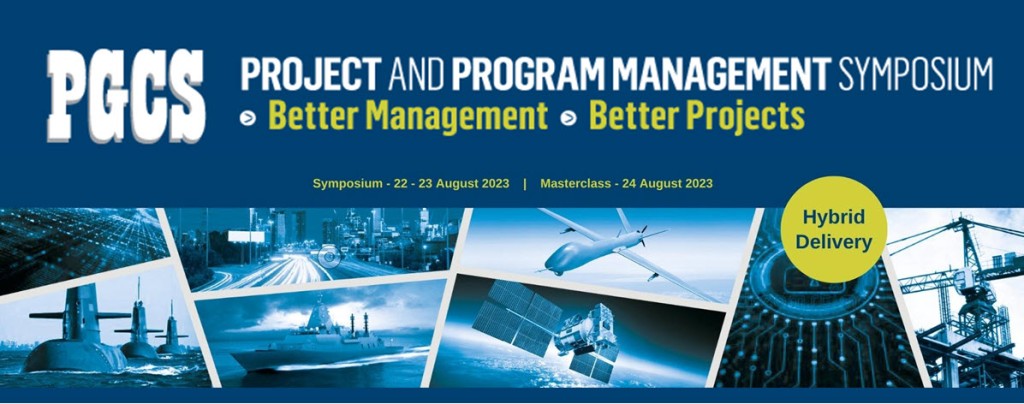Note: this block has been superseded by a full article, incorporating the ideas below and others from an article published in the PMWJ. Download the augmented article from: https://mosaicprojects.com.au/PMKI-ZSY-005.php#Overview
Over the last few months, I have been working on a series of papers looking at the history of project management and project controls. This requires the classification of the various stages in the development of the practice of project management. However, almost every author of project management history has a different view of the major change points.
One take on the major phases of development of project management is fundamental changes are driven by changes in the project control tools and processes being used. Better control processes provide new insights, allowing improved or changed management approaches. Based on this framework, the major phases in the development of project management seem to be:
- From early times through to the 1960s – the traditional management of projects
- From the 1960s through to the present – modern project management
- Future interactive and intelligent systems – to be determined
Prior to the 1950s, the primary control tools showed static representations of cost and other deterministic data. The sophistication of both the management data and its representation in reports improved over the centuries, but the controls processes focused on reactive management actions to correct observed deviations from the plan. The people managing projects were priests, builders, engineers, or other authority figures.
The current phase of development of project controls uses largely deterministic information to predict future outcomes. This phase of development started in the late 1950s with the creation of PERT and CPM schedules, and has progressed through to the point where there is general acceptance that earned value and earned schedule are among the best of the predictive control tools.
This phase saw the creation of “modern project management” as the pioneers of computer-assisted project controls worked together to form the various project management institutes (including PMI in October 1969), and the institutes in turn defined and codified the practice of “modern project management.”
As a result, the people managing projects were increasingly identified as project managers. Various styles of project management are emerging (this was discussed in The Entropy at the heart of Project Management), but regardless of the approach, the concept of a project—run by a project manager, to create value for a client—is consistent. Project management is now expected to be proactive, working to minimize the negative effect of future problems identified using predictive tools, as well as dealing with any current negative variances.
The next generation of project controls is starting to emerge. These tools are predicted to be integrated, adaptive, and intelligent, with a focus on maximizing the efficient use of the project’s resources. They will use machine learning, and be integrated into the systems used to design and develop the project’s outputs rather than operating as standalone processes.
One example is the emergence of 5D BIM (five-dimensional building information modeling) in the construction/engineering industries. A three-dimensional design is integrated with the schedule (4D) and cost information (5D) to provide a single system accessed and used by everyone involved in the design, construction and future maintenance of a building or facility (see more on BIM). Project control tools with embedded intelligence are also emerging.
This current round of developments are too new to have much impact on the nature of project management today, but by the end of the 2020s we are likely to see as much change in the way projects are managed as occurred in the 1960s.
Do you think these phases in the development of project management are reasonable, or are there other major inflexion points? Your feedback will be welcome.
For more project management history see: https://mosaicprojects.com.au/PMKI-ZSY.php




